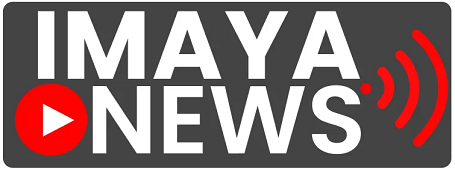Signal co-founder Moxie Marlinspike reminded users on Twitter that Telegram is not an end-to-end encrypted messaging platform.
Under crisis, people of Ukraine are using encrypted messaging app Signal for communication, a report from the co-founder and CEO of Cloudfare has said. Cloudfare’s internet infrastructure gives the company unique insight into internet usage in different countries. Matthew Prince, the CEO of Cloudfare said in a tweet that he observed Signal usage in Ukraine shooting up starting up just after midnight on February 24, around the same time Russia officially launched the military operation in Ukraine.
“Spike in use of Signal (messaging app) in Ukraine in the last 24 hours,” Prince said in his tweet in the wee hours of February 25. Prince also said that there is a smaller but significant increase in the usage of Telegram in the region as well. Ukranians took to Signal amid an ongoing cybersecurity threat from Russia as the app is said to be one of the most secure instant messaging app.
SIGNAL FOUNDER WARNS UKRAINIANS AGAINST TELEGRAM USAGE
Now, while Telegram is popular in Ukraine, Signal’s creator Moxie Marlinspike took to Twitter to remind users in Ukraine that Telegram is not truly “encrypted” in the way people think it is. Telegram, while being an encrypted messaging app, does not offer end-to-end encryption like Signal or WhatsApp. This means that the makers of Telegram have the encryption keys for messages sent between users. The only way Telegram is end-to-end encrypted is via a feature called Secret Chat, which enables end-to-end encryption on the messaging app.
Telegram’s founders are also Russian – Pavel Durov and Nikolai Durov. Marlinspike, in his Twitter thread, said that “many Telegram employees have family in Russia. If Russia doesn’t want to bother with hacking, they can leverage family safety for access.”
WHAT ELSE UKRAINIANS CAN DO TO REMAIN SAFE ONLINE
Apart from using Signal, there are other ways that Ukranians can be safe online in this time of crisis. On Friday, Tor Browser, a safety-focused web browser shared a Twitter thread detailing how Ukraine and Russia can get around internet censorship. Apart from this, Facebook has set up a special operations center to monitor the conflict in Ukraine, and it launched a feature so users in the country can lock their social media profiles for security. Twitter, on the other hand, posted tips on how users can secure their accounts against hacking, make sure their tweets are private and deactivate their accounts. The company tweeted the safety tips in English, Russian and Ukrainian.




